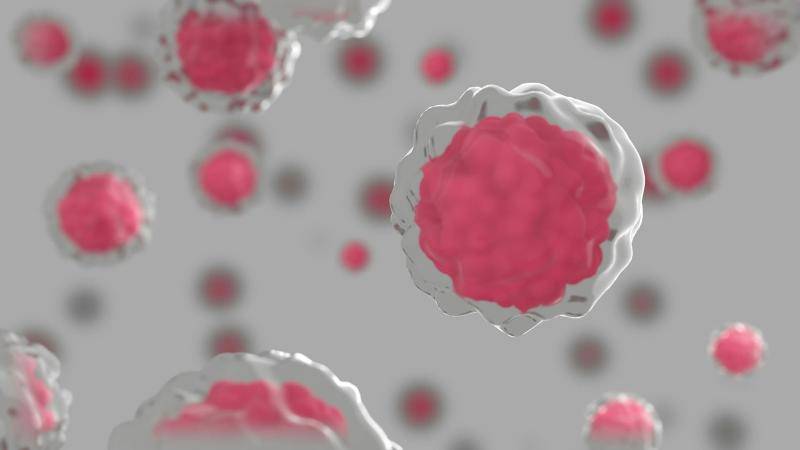What are tumor markers?
Tumor markers are substances produced by cancer cells or by the body in response to cancer. They can be proteins, hormones or other molecules that are released into the blood. These substances can be measured with a blood test.
The Importance of Tumor Markers in Cancer Follow-up
In cancer treatment, accurate monitoring is critical to improve treatment outcomes and patient survival. In this sense, tumor markers are a valuable tool in cancer diagnosis and monitoring. They allow us to quantify tumor activity and response to treatment long before performing control imaging tests (CT, PET, CT, MRI).
This is why it is very important that before starting any treatment, whether surgery, chemotherapy, immunotherapy, radiotherapy, hormone therapy..., we first perform a blood test with all the most frequent tumor markers and other blood parameters that will help us to quantify tumor activity.
Monitoring is recommended once a month to check that all tumor markers are decreasing as treatment progresses. This allows evaluation of the efficacy of the treatment and the possibility of adjusting the therapeutic plan if necessary.
After completing treatment, tumor markers are used in long-term follow-up to detect disease recurrence or metastasis. A rise in tumor marker levels may indicate cancer recurrence, allowing for early intervention.
In my experience with integrative oncology, I can state that when a tumor is active we always find elevated tumor markers.
It does not always coincide with the tumor marker requested in hospital protocols. In recent years scientific studies show that a tumor type can have different elevated tumor markers. That is why it is important to evaluate as many as possible to detect which ones are elevated in order to be able to follow up the treatment effectively.




